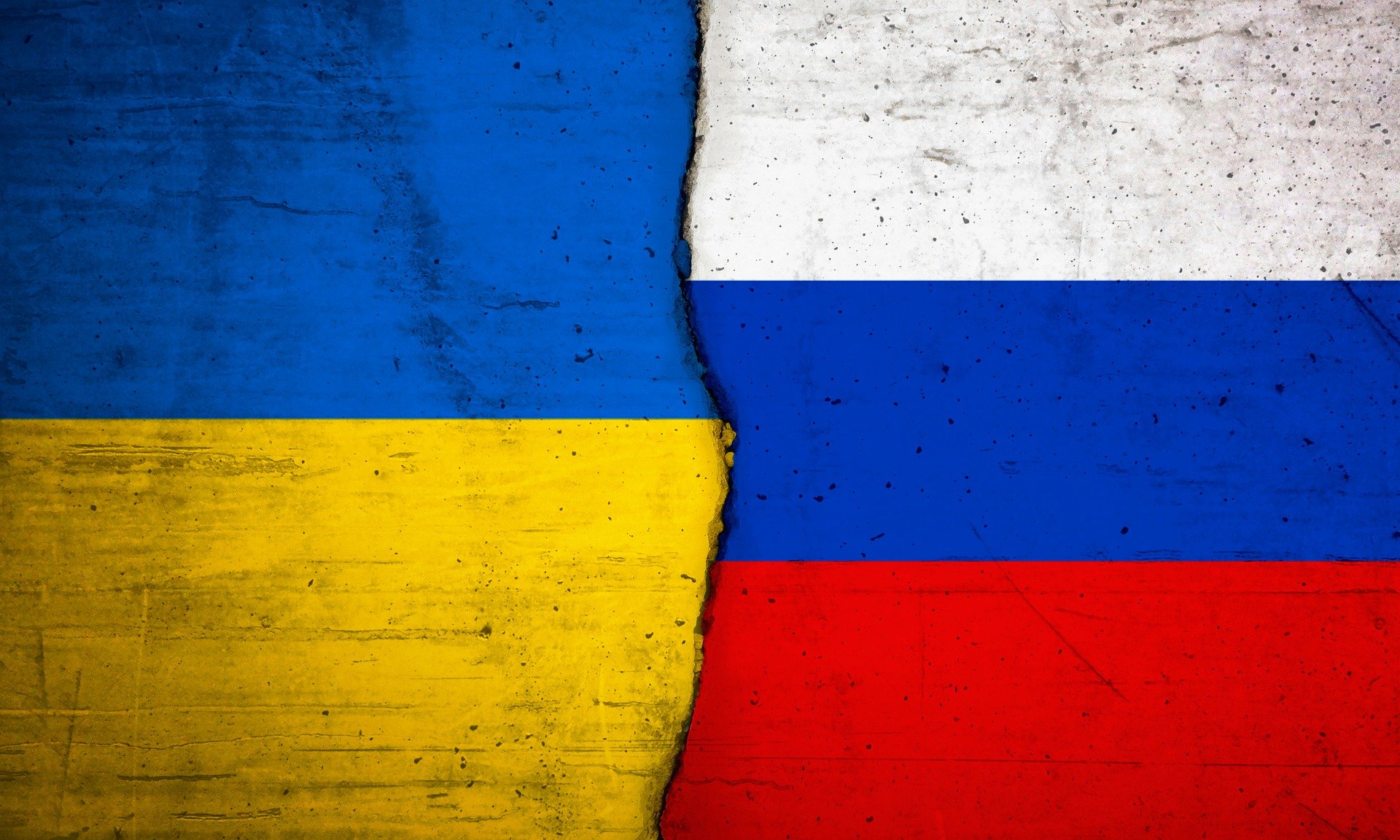
Dr. Jakub KOREJBA(*)
The war in Ukraine has reached a strategic impasse and it seems that the conflict will not be solved by military means. This opens a space for one of two alternatives: either a “frozen” phase that can last indefinitely or a quest for a durable political regulation.
A strategic stalemate that established itself as a product of three and a half years of hostilities doesn’t give hope of a fast and undisputable victory for neither Moscow or Kiev. If one of them could (in technical and social terms) mobilize enough forces and resources to break the deadlock, it would most probably have done it already as the prolongation of the conflict beyond a line of psychological endurance poses a threat to a stability of internal situation. With all the reservations concerning different types of both regimes, for a time being, it has been utile for both Vladimir Putin and Volodymyr Zelensky to instrumentalize the external conflict to solve internal problems. Uniting people around the flag, marginalizing opposition and superposing the wartime agenda on current social problems worked well to maintain legitimacy and prolongate their being in power. But, the imaginable strategic “Laffer curve” demonstrates a relation between wartime patriotic mobilization and the stability of the regime: in both cases, the ‘turning point’ has been reached and passed which confronts both presidents with un urgent need to conclude the war. Not in the name of any specific interests, let alone ethical imperatives, but in the name of the existential threat that the conflict presents to their respective regimes.
Taken in “Machiavellian” terms of practical utility, the war has stopped serving the interests of both sides, making the end of it the most reasonable solution for both. Although, from moral, economic and social perspective, the end of hostilities would be a success for both sides, it will be ideologically difficult to explain it as such, referring to the ‘zero-sum’ rhetorics that both of them adopted during the ‘mobilizational’ phase of the conflict. Transforming their (official) thinking and their (political) behaviour from mobilizational to de-mobilizational, something that is actually spontaneously happening in both societies, is a ‘blink’ moment of this war, to put it in Malcolm Gladwell’s terms. Both accumulated enough experience to extract information that makes the end of war the most rational choice between all accessible options.
Both countries, both societies and both presidents already know that this war makes no more sense and – in existing conditions – there is no good argument to keep continuing it. An imaginable compromise ceasefire seems as illegitimate and unfair, as every ceasefire in history until the moment when it’s concluded. Most evidently, the biggest continental conflict in Europe since 1945 will have an impact on reality which means, that the world, Europe, Russia, Ukraine and their mutual relation will not be the same as before. This is the most obvious nature of war and its influence on the international order: it changes people, countries, rules and mechanisms. It changes them, not accordingly to what this or that side plans but spontaneously and chaotically: an order that produces itself in the chaos very rarely conforms to anyone’s initial design. In practical terms: when the war finishes, Russia, Ukraine, their relations and their position in Europe in general will be different from what they were before February 2022, they will not be what anyone planned in-advance and what they will be is not predetermined: all of those elements of international reality are currently in the making.
The most important (in terms of a proportion of influence on the decision-making process) element shaping the structure and dynamics of their bilateral relations (and respectively: their relations with other partners) and therefore defining their place in the international system will come from the way, that both Russia and Ukraine answer the eternal question of war and peace. War or peace? This is the alternative inside which they have already found themselves, somewhere between 2021 and 2022, then several times during the subsequent rounds of peace-talks attempts (including the last “Alaskan” one initiated by President Trump) and the one that will remain even when a cease-fire is concluded. Whether the end of war is seen as the real ‘end’ and in what time-perspective (short, midterm or long) will determine an internal structure of their respective statehood, an ideological organization of their nationhood, their bilateral relation and their relations with external partners. In other words, their perception of the final situation of this war (and their autonomous decision to treat it as a durable part of reality or not) will produce either peace or a new war. Will Russia and Ukraine come to terms with new reality produced by one war or will they perceive a ceasefire as a transitional period of preparation before a second war (a strategic ‘peredyshka’ when the war-oriented thinking will be masked behind peace-oriented phraseology)? In the former variant, both of them keep a chance for a ‘new opening’ of their relations based on a restructured basis. In the latter, they remain in the ‘old’ framework where any opening means a new conflict.
Taken rationally, a ‘blink’ moment shall convince both sides that a decision to fight a war was a sub-optimal one and after finishing it, their relations, including problematic questions, shall be elaborated by other, non-military means. But states and societies are directed by humans and human decision-making process is not entirely rational. By fighting this war, both Russia and Ukraine, but especially Russia that initiated it, lost more than it gained. Without this war, its internal and external position in the world would have been more favourable to realize its national interests than it is now. Rationally, the war was a mistake that was committed and assumed and the new strategic objective is that this mistake shall not be repeated. War as a purely destructive element, both physically and psychologically is bad for people and, certainly worse than peace. Even if a mistaken calculation has driven Moscow in one specific moment to perceive a decision to start a war as a rational one, the subsequent evolution of the situation has already produced enough facts to result in a ‘blink’ – a strategic intuition that many, if not all, other variants are more profitable from the point of view of a strategic count of profits and losses for national interests and therefore, that all decisions, including vis-à-vis Ukraine shall be seen and made through this peace-orienting lenses. Other European nations needed several ages of fighting including two hyper-destructive world wars to come to this conclusion. It is an interesting question, both theoretically and practically, whether Russians and Ukrainians have already reached this ‘blink’ moment after three and a half years of fighting.
The war in Ukraine didn’t transform into a continental or global conflict. Independently of hysterical tones of propaganda produced by both sides, it remains a bi-lateral local war of a limited geographical and strategic potential. Despite several attempts of both sides to escalate it – both horizontally and vertically – it remains what it is: a conflict that determines a border between two post-colonial nations-in-the-making and not a fundamental structural shift that would shape a new world order. If other countries and nations wanted to join it on one of the sides, they would have already done it, using this or that incident as a casus belli. The last violation of Polish airspace by Russian drones would be a perfect one if only a political will to fight a war was there. But there is no and that’s why, Russia and Ukraine will not change this war into a continental or global confrontation. Yes, other countries may use the fact of this war instrumentally to take profit, but no, they will not fight themselves. The ‘blink’ reaction – entirely negative – has been deeply and – as it turns out – durably enrooted in their mentality long ago to make such a mistake.
For European countries and their citizens, the exact outcome of this war, the situation of Russia and Ukraine and their relations are less important than the fact that they will not take part in its active phase. Europeans, as well as Americans, for whom it was necessary to go through Iraq and Afghanistan to fight the imperial and also elaborate a ‘blink’ reaction to the war (better late than never) don’t want to take part in this war and they will not. The ongoing conflict doesn’t break a continental let alone global stability, so from the point of view of international community that accommodated itself to it, it becomes a non-factor. As well as Iraq-Iran war or Israel-Palestine conflict. The first one lasted for eight years, the second one lasts for decades but the cruel reality is that it doesn’t change the life of anyone except of the immediate participants. It shall be already obvious for both Moscow and Kiev that in relation to their war, the world – to put it in the terms of Elisabeth Kübler-Ross, passed from denial, through anger, bargaining and depression to an acceptance. And precisely, because they will not fight it themselves, they see a continuation of it in its actual shape as a second-best option after a ceasefire. It would be best if Russia and Ukraine decide to stop the war, but if they don’t, it shall continue in a way that permits Europe and America to stay apart. On one hand, it can be seen as a Machiavellian cynicism, on the other, no doubt, that a fact that people don’t want to go and kill other people represents a moral progress.
If Russia and Ukraine want to continue fighting, they have sovereign right to do it despite the immorality, irresponsibility and irrationality of such a decision. But historical experience shows that when individuals, elites and nations ignore the ‘blink’ moment where the facts make the right decision clear, they can only move down on the strategic ‘Laffer curve’ changing their situation from bad to a worse one. Neither Russia nor Ukraine will no longer get anything good from this war and they already know that. It is interesting to see when and where will that knowledge transform into decisions.
*Jakub Korejba graduated from Warsaw University (Institute of International Relations, 2009). Lecturer at MGIMO University in Moscow (2010-2015). Holds Ph.D degree (Problems of European Policy in Russia-Ukraine Relations, 2013). Journalist with several Polish newspapers and Russian TV stations. Dr. Korejba joined AVİM as a Non-resident Fellow in October 2023.
** Defense and Security Monitor
© 2009-2025 Avrasya İncelemeleri Merkezi (AVİM) Tüm Hakları Saklıdır
Henüz Yorum Yapılmamış.
-
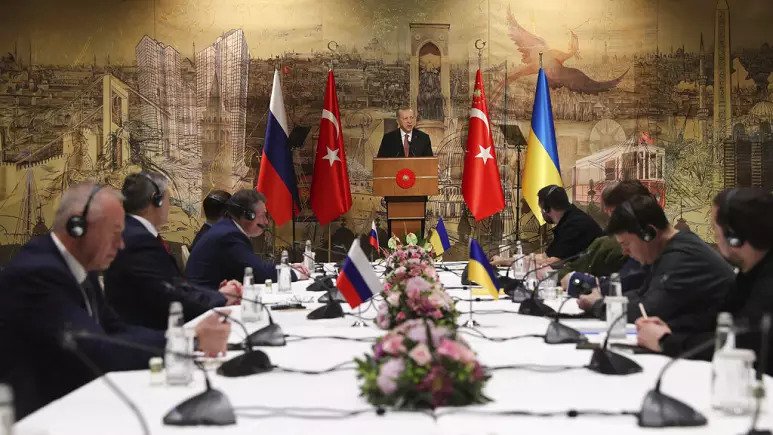 RUSSIA AND UKRAINE: FAR FROM PEACE - 27.09.2022
RUSSIA AND UKRAINE: FAR FROM PEACE - 27.09.2022
Jakub KOREJBA 27.09.2022 -
 HUNTINGTON REVERSED: HOW TURKISH MEDIATION BETWEEN RUSSIA AND UKRAINE FALSIFIES THE ‘CIVILIZATIONAL’ PARADIGM OF INTERNATIONAL RELATIONS - 21.05.2025
HUNTINGTON REVERSED: HOW TURKISH MEDIATION BETWEEN RUSSIA AND UKRAINE FALSIFIES THE ‘CIVILIZATIONAL’ PARADIGM OF INTERNATIONAL RELATIONS - 21.05.2025
Jakub KOREJBA 22.05.2025 -
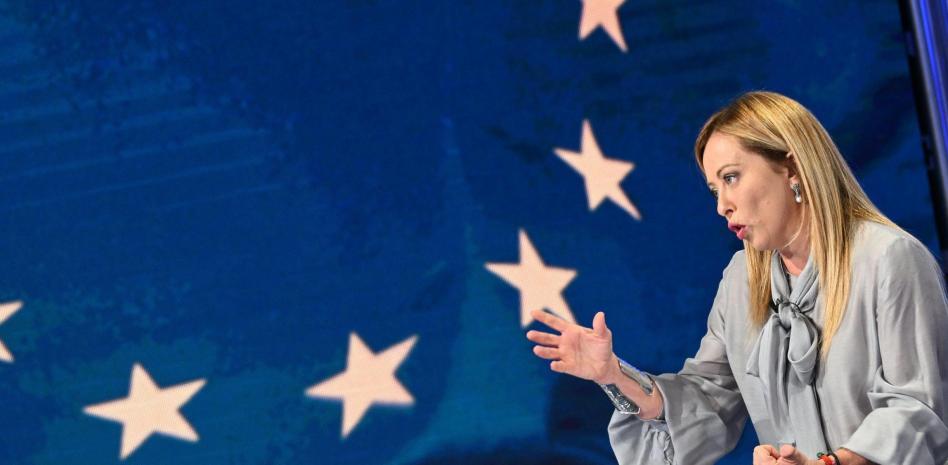 GIORGIA MELONI AND THE FUTURE OF EUROPE - 03.10.2022
GIORGIA MELONI AND THE FUTURE OF EUROPE - 03.10.2022
Jakub KOREJBA 03.10.2022 -
 NATO-AZERBAIJAN: SUCCESSFUL PARTNERSHIP FOR TURBULENT TIMES - 28.11.2024
NATO-AZERBAIJAN: SUCCESSFUL PARTNERSHIP FOR TURBULENT TIMES - 28.11.2024
Jakub KOREJBA 02.12.2024 -
 THREE EDGES OF EURASIA - 21.09.2022
THREE EDGES OF EURASIA - 21.09.2022
Jakub KOREJBA 21.09.2022
-
 THE DARK SIDE OF WIKIPEDIA - THE BILLION-DOLLAR WEB OF DECEPTION, LIES & ELITE MANIPULATION - BNN - 14.02.2024
THE DARK SIDE OF WIKIPEDIA - THE BILLION-DOLLAR WEB OF DECEPTION, LIES & ELITE MANIPULATION - BNN - 14.02.2024
Geeta PILLAI and Nitish VERMA 23.02.2024 -
EYUP GANİÇ’İN TUTUKLANMASI: BOSNA SAVAŞINI HATIRLAMAK
Erhan TÜRBEDAR 10.03.2010 -
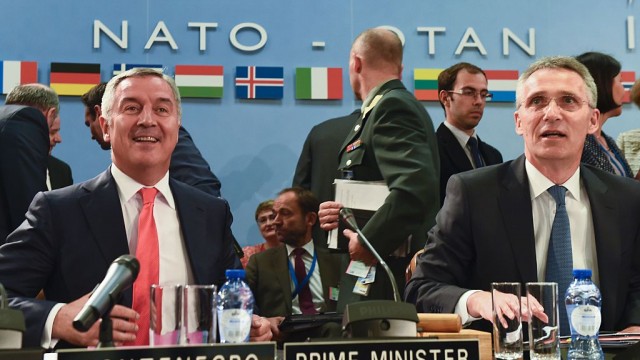 BETWEEN THE WEST AND THE 'TREASON'
BETWEEN THE WEST AND THE 'TREASON'
Miodrag VLAHOVIC 26.12.2016 -
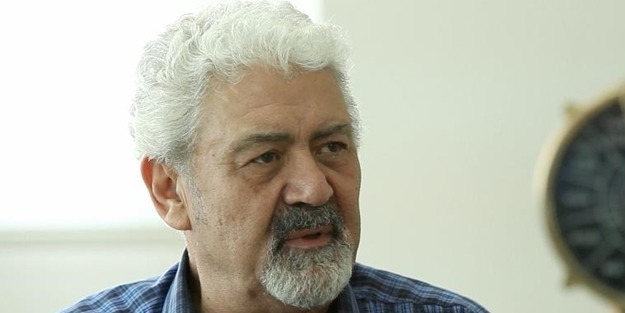 KIBRIS’IN KADERİNİN DEĞİŞTİĞİ GÜN - KIBRIS POSTASI - 20.12.2021
KIBRIS’IN KADERİNİN DEĞİŞTİĞİ GÜN - KIBRIS POSTASI - 20.12.2021
Ata ATUN 20.12.2021 -
IRAN AND THE SOUTH CAUCASUS: THE IMPACT OF THE NUCLEAR DEAL
Marilisa LORUSSO 30.07.2015


